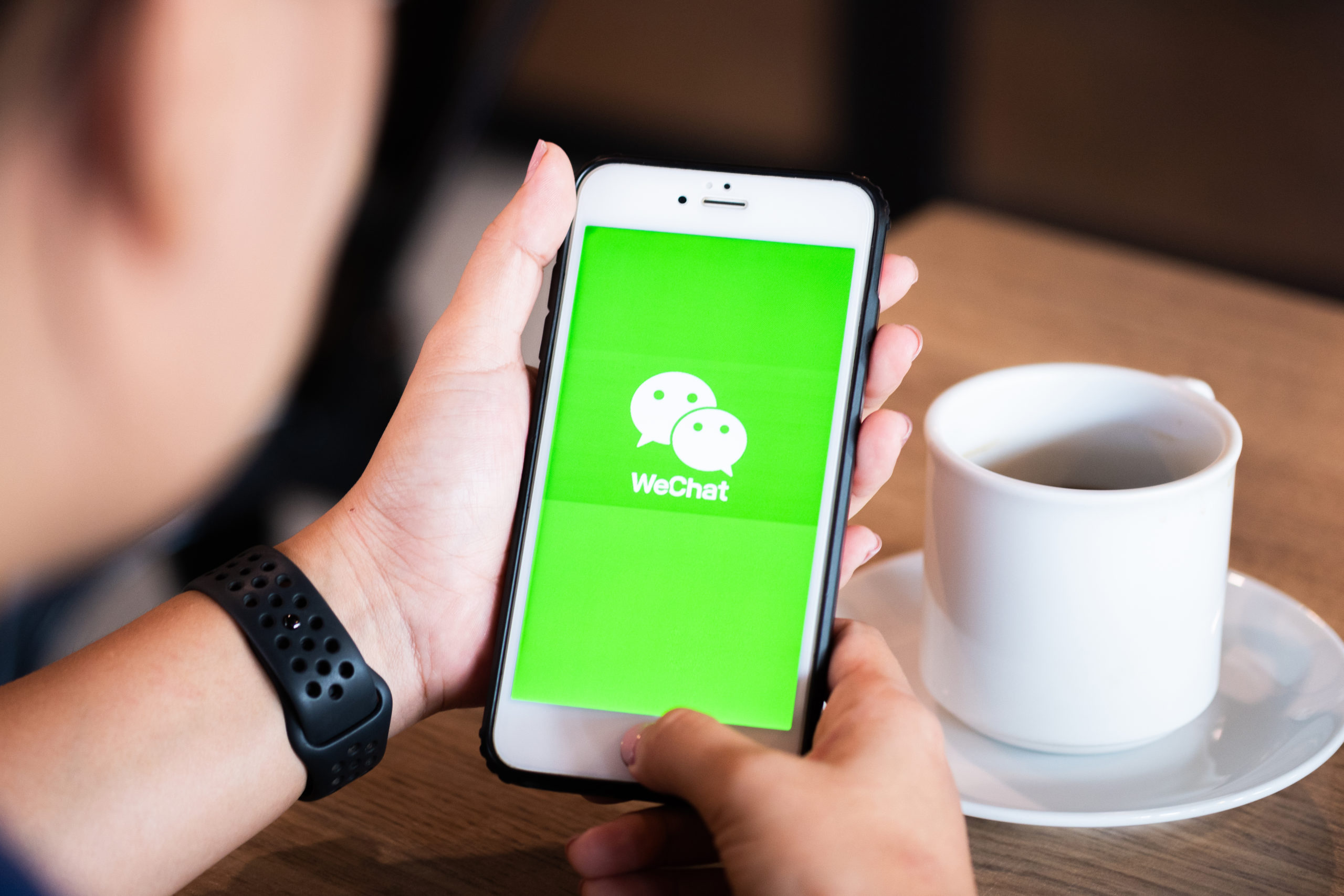Casting a wider net yields more fish, but only if you know how to use your equipment and read the currents. Believe it or not, the same goes for search engine optimisation! Reaching a wider audience around the world produces more customers. However, it’s important that you understand the differences between local, global, and international SEO practices, and the search trends of foreign markets.
If you’re thinking of breaking into the Chinese market, continue reading to learn what role China’s popular app WeChat is playing in international SEO and how you can optimise for it.
The limits of local SEO
For most businesses, local SEO is the cornerstone of an effective digital marketing strategy. Most businesses are small, local businesses whose primary objective is to drive foot traffic to a single store location or generate leads within a practicable service area.
The problem is, your .co.nz/ domain is not going to be competitive in markets outside New Zealand. What’s more, that home page keyword, “best shoes Auckland” you’ve optimised for won’t turn up much in Beijing. This limits the capacity of local SEO to expand the reach of your business.
Local SEO is no problem if you’re a local cafe. You hardly need to turn up in international search results. But, if you’re selling hand-crafted shoes online, you will want to appear before as wide an audience as possible.
Global vs International SEO
Global SEO and International SEO are often used as interchangeable terms. However, the two have a few key differences. Global SEO refers to strategies that target all international search markets simultaneously with broad-appeal, non-geo-targeted keywords, and web formatting optimised generally to appeal to all leading search engines.
International SEO, meanwhile, is a broader effort to develop distinct SEO strategies for targeted international markets. This can include changes to site architecture including sub-directories, sub-domains and ccTLDs. These changes help satisfy regional searches in target markets around the world.
The difference between global and international SEO is that one targets everywhere at once. The other, however, targets multiple international regions with localised SEO strategies simultaneously. Therefore, global SEO is often a significantly more competitive arena for businesses which often rely on strong global name recognition to compete.
Coca Cola, for instance, can lean more heavily on a global SEO strategy than a mid-sized business in Auckland shipping to foreign clients. International SEO, however, is more labour and resource-intensive. It requires investments in site architecture, content, and programming research for different regional search options.
The rise of region-specific search and social media options like Wechat in China has furthered the divide between global and international SEO. Increasingly, businesses hoping to compete in an international market must learn the ropes of WeChat in order to compete for Chinese business.
What you need to know about WeChat
You may not know it yet, but WeChat is one of the largest social media/search apps in the world. Thanks to its popularity in abundantly populous China, over a billion people are active on the platform.
Over the past few years, WeChat has developed into a sort of super-app. It operates as an all-in-one social media platform, hosting services that allow users to make payments, hail rides, play games, and more. This versatility has made WeChat a prime marketing platform, especially since it launched search functions that can be optimised to put your brand in front of more people.
Optimising for WeChat
With some of the world’s largest digital marketing platforms like Google and Facebook restricted in China, reaching the country’s 1.4 billion people means optimising for the platforms that are available, even if they’re not familiar to you.
- Setup a WeChat Official Account
- Take advantage of WeChat Search marketing
- Create regular, engaging content
Maintaining a WeChat official account, just as you would a Facebook or LinkedIn page, allows you to publish content and provide followers with valuable insights and updates about your brand.
Search Engine Marketing has proven effective on WeChat, just as it is on Google and Bing in our local markets. Invest in promoting your brand with paid search marketing to appear before more people looking for what you offer.
Just like Google, WeChat rewards businesses that publish regular, engaging, informative content. This proves to WeChat users that you are active and responsive, and helps increase your brand awareness and boost your visibility.
An SEO strategy optimised for you
Whatever your SEO goals, count on Pure SEO to deliver! We’re keeping you up to date on the rapidly changing world of search, and know what it takes to stay competitive in the rankings. Contact us today to learn more.

